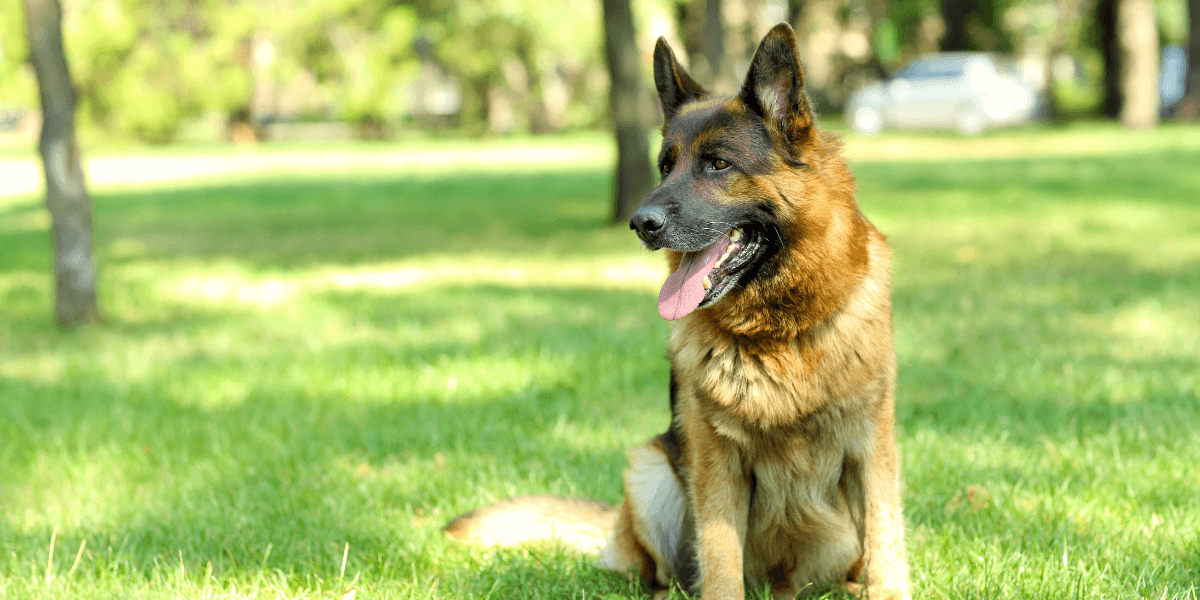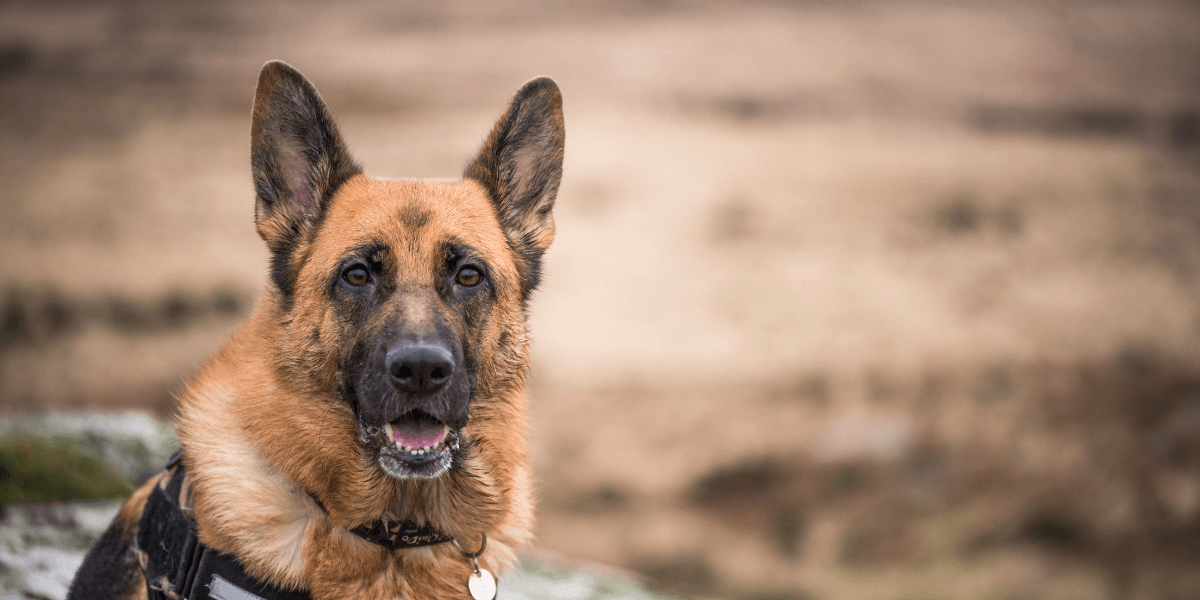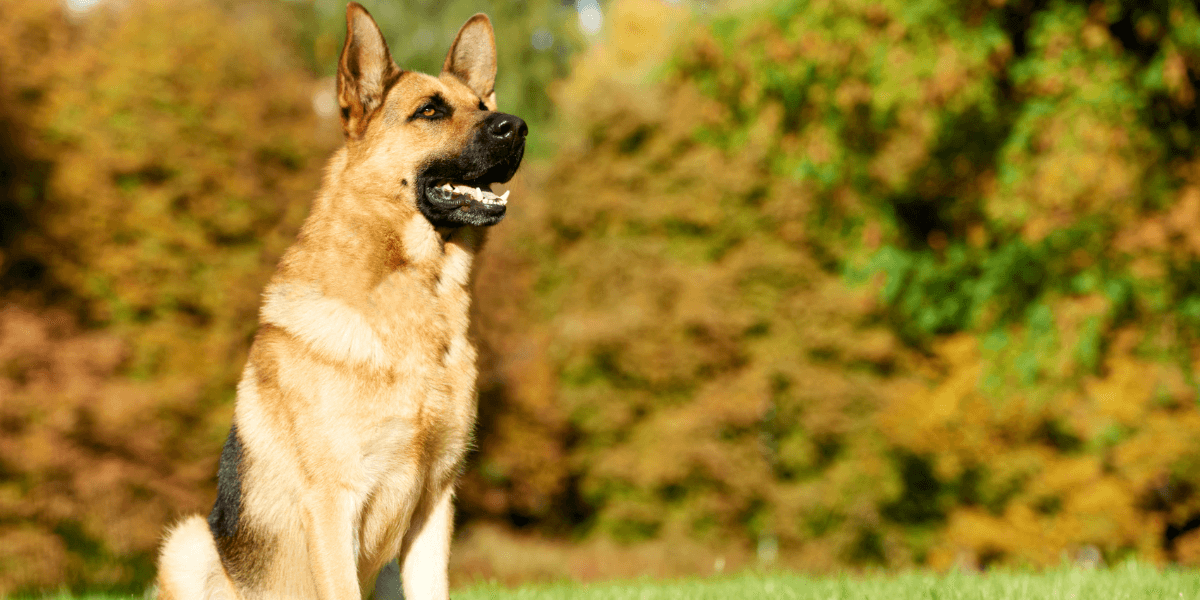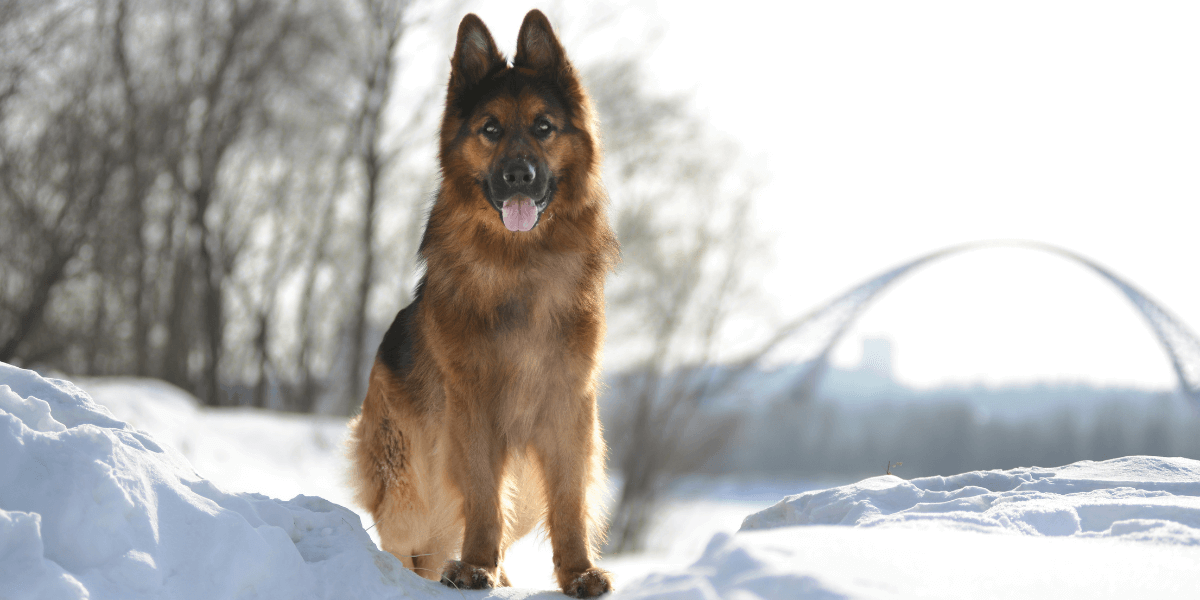Introduction
Are German Shepherd Dogs Good Family Pets?
- Bringing home a German Shepherd puppy is an exciting adventure full of joy and love
- They often serve in roles like police work and search, captivating potential owners
- Can they transition smoothly into family life? Are these diligent workers good as pets?
- In this post, we'll explore the multifaceted nature of German Shepherd Dogs
- We'll answer common questions to help you decide if this breed is right for your family
1. Temperament

German Shepherds are known for their strong, protective nature towards their families.
- Loyalty: GSDs form deep bonds with their families and are fiercely loyal
- Protectiveness: They are naturally protective and wary of strangers, making them excellent watchdogs
- Versatility: German Shepherds are incredibly versatile and can adapt to various roles
- Energetic Nature: Have high energy levels and require regular physical exercise to keep them healthy
- Intelligence: Their high intelligence makes them quick learners but also requires mental stimulation
2. Training

Training is crucial for German Shepherds to ensure they are well-behaved family members.
- Early Socialization: Introduce them to various environments, people, and other animals early on
- Mental Stimulation: German Shepherds thrive on mental challenges
- Consistent Training: Use positive reinforcement techniques for best results
- Clear Communication: Effective training requires clear and consistent communication
- Obedience Classes: Enrolling in obedience classes can provide structured training and socialization
3. Exercise Needs

German Shepherds are high-energy dogs that require plenty of exercise to stay healthy.
- Daily Exercise: Aim for at least 1-2 hours of exercise per day, including walks and training sessions
- Social Interaction: Benefit from socializing with other dogs and people during their exercise sessions
- Mental Stimulation: Engage them with puzzle toys, agility training, and interactive games
- Outdoor Activities: They excel in activities like hiking, running, and playing fetch
- Varied Routines: Incorporate a variety of exercises into their routine to keep them engaged and motivated
4. Grooming
While German Shepherds are relatively low-maintenance compared to some breeds.
- Brushing: Brush their coat 2-3 times a week to manage shedding and keep their fur healthy
- Ear Cleaning: Regularly check and clean their ears to prevent infections
- Bathing: Bathe them as needed, typically every few months or when they get dirty
- Dental Hygiene: Brush their teeth regularly to prevent dental issues and bad breath
- Nail Care: Trim their nails regularly to prevent overgrowth and discomfort
Learn how to keep your German Shepherd looking great and well-groomed with this helpful guide.
5. Health Considerations

German Shepherds are generally healthy but are prone to certain genetic conditions.
- Hip Dysplasia: Regular vet check-ups and maintaining a healthy weight can help manage this condition
- Skin Allergies: Be vigilant for signs of skin allergies, such as itching or rashes
- Elbow Dysplasia: Similar to hip dysplasia, regular monitoring is crucial
- Bloat (Gastric Dilatation-Volvulus): A serious condition where the stomach fills with gas and can twist
- Degenerative Myelopathy: This spinal cord disease can be screened for with a genetic test
- Dental Health: Regular dental care is essential to prevent oral diseases and maintain overall health
Ensure your German Shepherd's well-being by understanding their specific health needs.
6. Compatibility with Children

German Shepherds can be great with children when properly socialized and trained.
- Supervised Interaction: Always supervise interactions between young children and dogs
- Teach Respect: Ensure children know how to interact with the dog respectfully
- Positive Experiences: Encourage positive, gentle interactions to build a strong bond
- Socialization: Introduce the dog to children early on to foster a comfortable relationship
- Training: Teach the dog basic commands to ensure safe and controlled interactions
7. Living Arrangements
German Shepherds can adapt to various living situations with proper care and attention.
- Space Requirements: They thrive in homes with yards but can adapt to apartment living with enough exercise
- Indoor Time: Ensure they spend ample time indoors with the family to prevent loneliness
- Secure Yard: If you have a yard, ensure it is securely fenced to prevent escapes
Set up the perfect living arrangement for your German Shepherd by following these essential care tips.
FAQs
1. Are German Shepherds good with children?
- Yes, they are usually gentle and protective with kids when properly socialized
2. How do German Shepherds interact with other pets?
- They can get along well with other pets if introduced and socialized correctly
3. What exercise needs do German Shepherds have?
- They require regular, vigorous exercise to stay healthy and happy
4. Are German Shepherds easy to train?
- Yes, they are intelligent and responsive, making them highly trainable
5. Do German Shepherds have a strong protective instinct?
- Yes, they are naturally protective and make excellent watchdogs
6. What grooming needs do German Shepherds have?
- Regular brushing is needed due to their shedding, especially during seasonal changes
7. Can German Shepherds adapt to apartment living?
- German Shepherds can thrive in apartments with enough exercise and mental stimulation
Conclusion
-
With proper training and socialization, they become happy family members
-
They thrive with regular exercise, making them ideal for active families
-
When socialized early, they get along well with children, loving companions
-
They adapt to various living situations, including apartments, with sufficient exercise
-
Awareness of health issues and vet care helps keep them healthy, happy family pets
- Explore and connect with our community of passionate dog owners for more support!
References
For more information and resources, check out these reputable sources:
- German Shepherd as a family dog?
- Orthopedic Dog Beds for Large Dogs
- Is German Shepherd Dogs right for your family?





